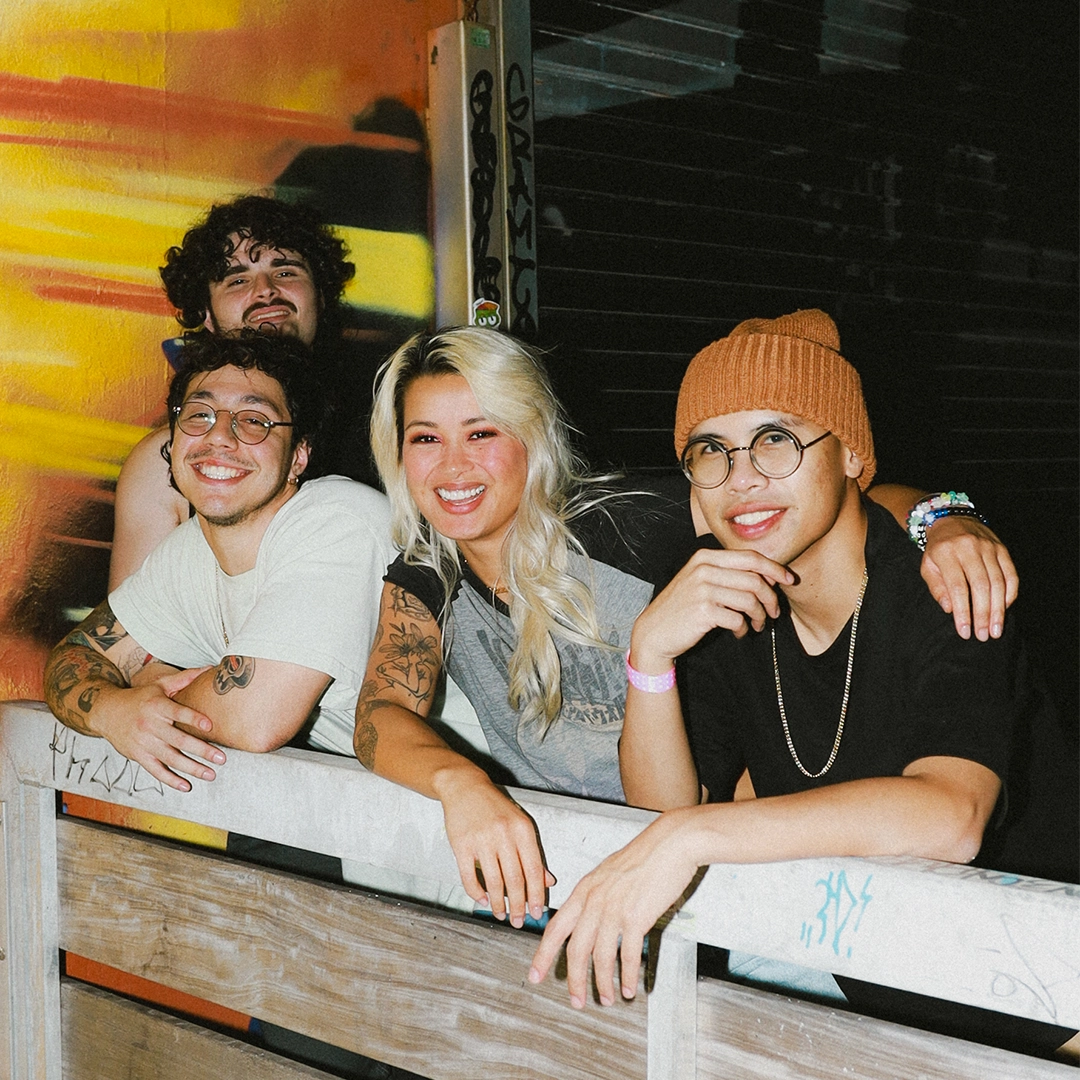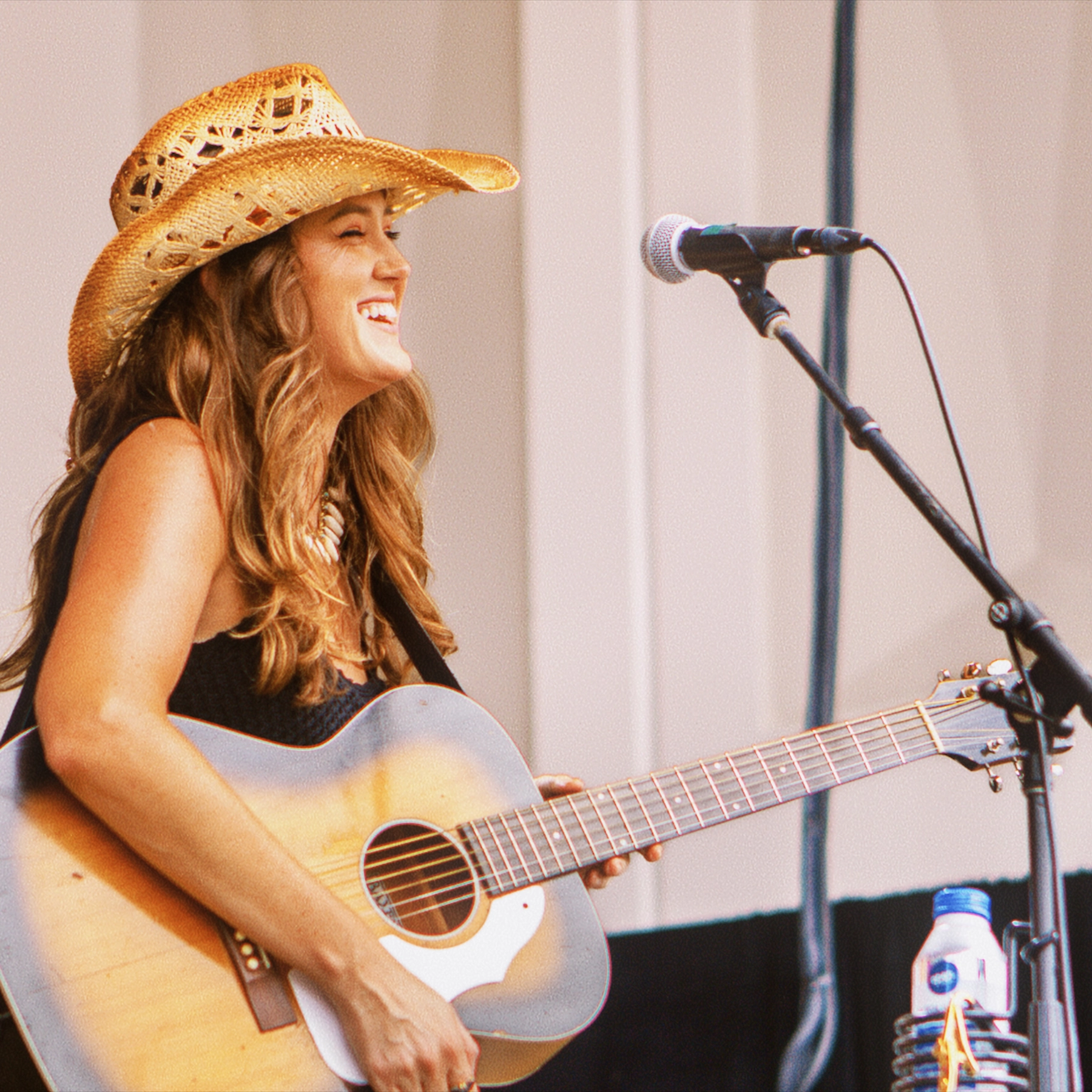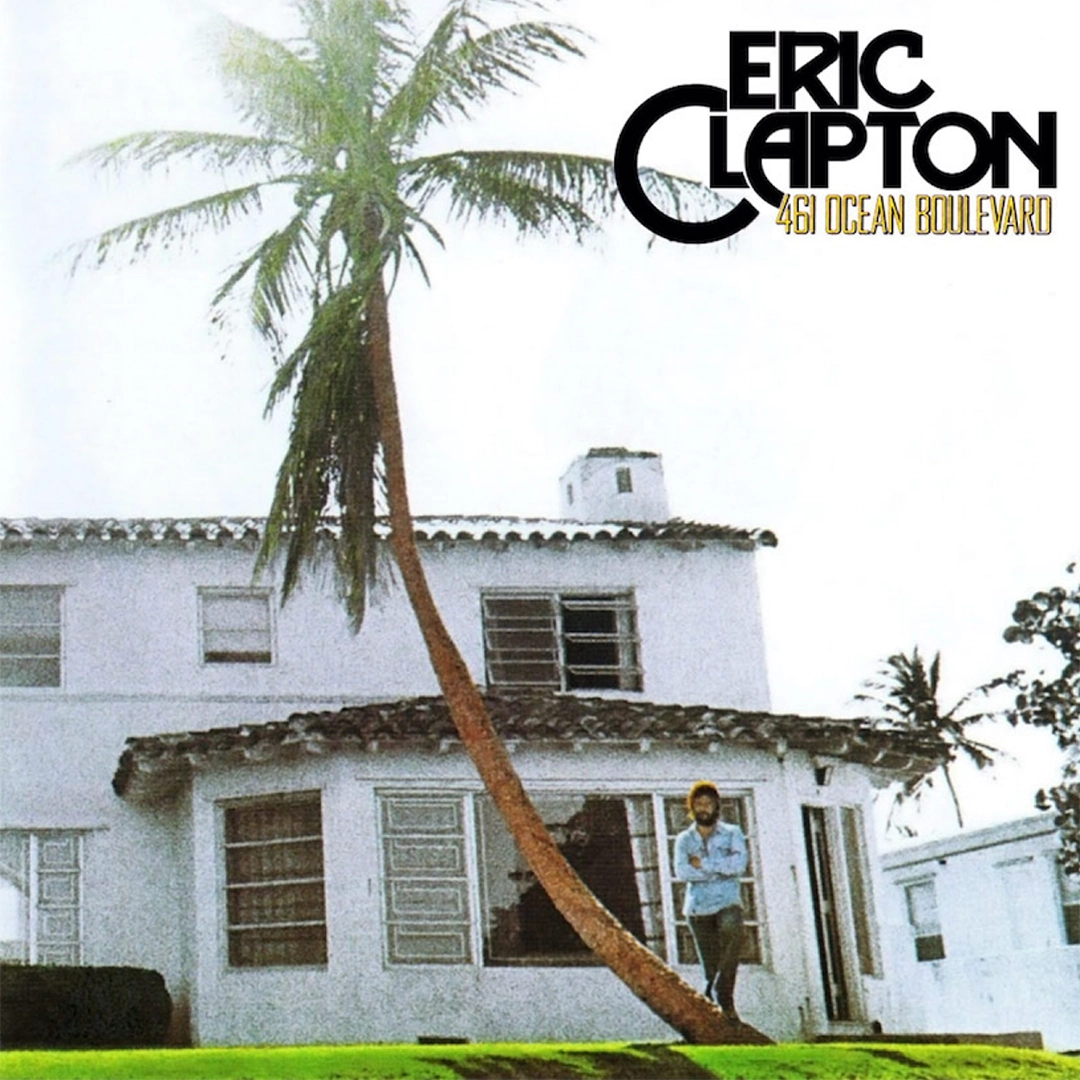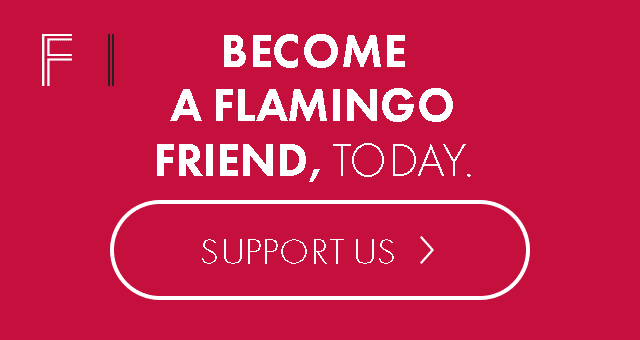by Steve Dollar | December 11, 2024
Mustard Service: Miami’s Zest-Pop Trailblazers
Through a hazy turn of events, Mustard Service found modern pop’s missing ingredient.
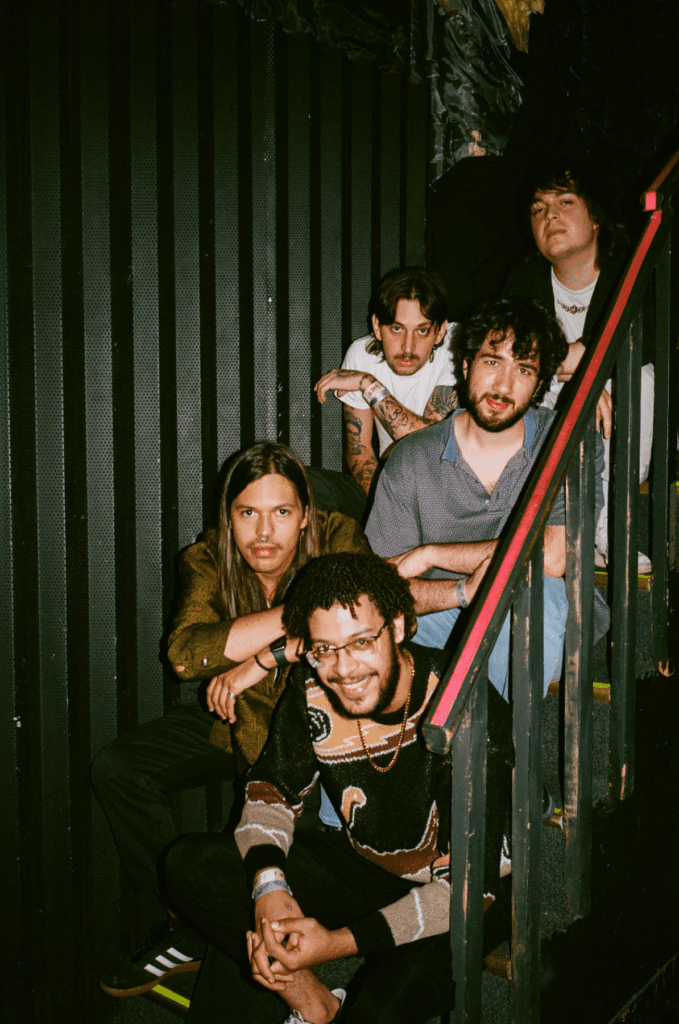
Touring extensively behind its third album, 2023’s “Variety Pack,” Mustard Service slathers a lot of spice on its energetic fusion of melodic pop, Latin American rhythms and touches of everything from surf-rock to old-school funk. The five-piece band coined its own genre—zest pop—to describe its musical style and continues to refine its sound through constant gigging.
“The demographic is very varied, as far as like, culturally,” says Marco Rivero Ochoa, the band’s frontman and rhythm guitarist. “I will see people in Omaha, Nebraska, sing songs that we have in Spanish, and they know every word, which is crazy to me.”
We caught up with Ochoa in transit after the band had a big night headlining the fabled El Rey Theatre on Los Angeles’s Miracle Mile. He talked about the band’s inspirations, its favorite music spots and, yep, that name.
I know it’s a corny question to start with, but I can’t not ask. What’s a Mustard Service?
Marco Rivero Ochoa: It’s a funny story. I think we were 19 years old, before the band had even started. We’re all South American, so we love a good barbecue. But we didn’t have any mustard. On our way over to go get some mustard for the meats, no one mentioned to us that someone had laced the fruit punch with a little bit of LSD. By the time we finished purchasing the mustard, we were super high. We got back to the house with all the mustard, somehow miraculously, and someone said, “Who’s got the mustard?” Leo, our keyboardist, opened the cap on a mustard bottle and started pouring (it) on himself, and he started saying, “I am the mustard service!” And then somehow we retained that. “You know what? We should start a band.”
That’s a zany origin story right there. So the band was formed around barbecues.
MRO: And camaraderie, and Corona and mustard. Absolutely, it was. It was a great day.
The band’s members have roots in Cuba, Argentina and Uruguay, among other places. How do those rich cultural influences percolate?
MRO: The guys from Argentina love cumbia and love Latin-Afro rhythms. It comes out naturally in some of the music. Aside from being big fans of American music, British music, we also have the benefit of speaking Spanish and being able to appreciate South American music, music from Spain. You have reggaeton, you have cumbia, you have salsa, you have merengue, you have bachata. It’s just so many different kinds of music.
I think it’s more of a subconscious thing. I grew up on a lot of Spanish folk artists like Silvio Rodriguez or Joaquin Sabina, and they were like our Jesus Christ growing up, especially Silvio Rodriguez. He’s a little controversial, because he’s from Cuba, and he was part of the Communist propaganda program. But this guy’s propaganda music was absolutely incredible, and I’ve been trying to write like him ever since.
I think he’s, in the purest sense of the word, an absolute troubadour.
What was it like incubating a new band in Miami?
MRO: Miami, and South Florida in general, didn’t really have much of an indie scene. It was hardcore bands, punk bands, metal bands. We would get on the end of these hardcore bills, these punk bills. There’d be a few hours of absolute crazy moshing, and then Mustard Service, the indie rock band, is going to play a few tunes to close the night. After we started picking up traction, people would come to our headlining shows and they would start moshing to indie rock, and we’re like, “Dude, this is the chillest song of all time. Why are you guys moshing?” But it was just the culture—going to the show and pushing people around a little bit and just having a little bit of fun.

What was your favorite bar to play?
MRO: It’s going to break my heart to say it: Churchill’s Pub. It was absolutely legendary. That’s where we played our first show at a bar. After that place closed down, it’s almost like bands just didn’t want to come down to Miami anymore. There’s another spot called Las Rosas, which was like the baby brother of Churchill’s. Miami is lacking good, midsized venues. That’s part of the reason why the music scene has suffered a bit since Churchill’s and Las Rosas fully faded out. But I have it on good authority that the former Las Rosas is going to make a bit of a comeback, so I’m waiting on that.
Right now, you’re calling as the band travels from Los Angeles to San Francisco for another gig. Do you have any road rituals?
MRO: We do a lot of “20 Questions.” “Would You Rather” is an absolutely degenerate game, but absolutely necessary. When you’re four hours in and everybody’s eyes are bloodshot and the driver’s trying to stay awake, it’s better if there’s a tactic. One of the rituals is, if you’re very sleepy, you get cold water and pour it all over yourself, and you blast the cold AC, and you’re not falling asleep on that drive.

